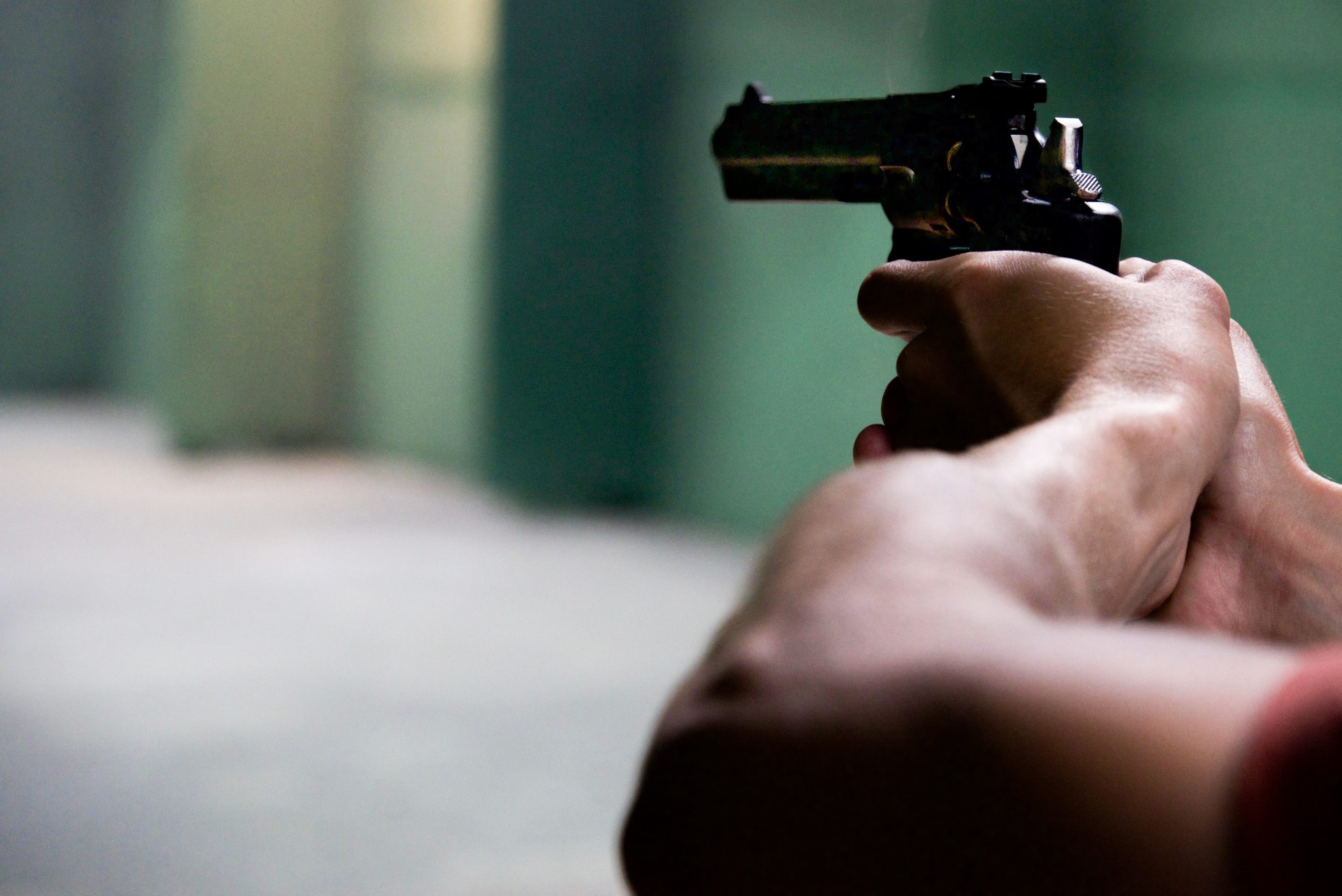- DUI
- Criminal Defense
- Florida DUI
- Traffic Offenses
- Drug Charges
- Marijuana Charges
- Violent Crimes
- Domestic Violence
- Temporary Injunctions
- Weapons Charges
- Theft Crimes
- White Collar Crime
- Juvenile Offenses
- Sex Crimes
- Violation of Probation
- Early Termination of Probation
- Seal or Expunge Criminal Record
- Criminal Appeals
- US Federal Offenses
- Misdemeanor Charges
- Felony Charges
- Co-Defendant Cases
- College Student Defense
- College Student Hearings
- FSU Students
- FAMU Students
- Florida Panhandle Arrests
- Extradition to Florida
- Bench Warrants / Warrants
- Emergency Bond Hearings
- Gambling Charges
- Drone Arrests
- Marsy’s Law
- UAS Infractions
- Introduction of Contraband
- Lying to Police
- Locations
- Case Results
- Our Firm
- Media
- Resources
- Blog
- Contact Us
What is the Stand Your Ground Law in Florida?
December 21, 2020 Don Pumphrey, Jr. Criminal Defense Social Share
One of the most common questions asked of defense attorneys in hypothetical situations is “when I can defend myself?” The question and the potential answers reflect the politically charged atmosphere surround self-defense laws. In Florida and at least twenty-five other states, the answer is defined by a law called “stand your ground.”
Stand your ground laws refer to when and if there is a duty to retreat. They do not generally increase the amount of force that is appropriate. Deadly force cannot be used unless a reasonable person would fear for their life, great bodily harm or the same to a third person. Under the common law, there is always a duty to retreat, if it’s possible to get away, that possibility must be exercised. Some states have passed the “Castle Doctrine,” removing the duty to retreat for homes, yards, cars and workplaces (depending on the state). Florida law takes this further with stand your ground, by removing this requirement in almost all situations.
History of Stand Your Ground in Florida
In 2005 the Florida legislature amended the Castle Doctrine and included language that essentially removed the duty to retreat even when the person being attacked is not at home. This included language in line with “make my day” laws. These laws address the prosecution of individuals who use force and provide immunity from prosecution in certain circumstances. This allows the court to dismiss the case if it believes the standard has been met, preventing the issue from even reaching a jury. In 2015 the Florida Supreme Court ruled that this burden of proof is on the Defense in Bretherick. The Florida legislature later addressed this issue in Florida Statutes § 776.032, as long as the defense can make a prima facie (basic first impression) case that self-defense may have been justified, the burden shifts to the State to overcome immunity and continue prosecution.
Stand Your Ground litigation since 2005 has been controversial to say the least. The most famous (or infamous) case has easily been the 2012 death of Trayvon Martin. Trayvon Martin was walking through a neighborhood after visiting a convenience store before entering into a confrontation with George Zimmerman, a confrontation Zimmerman claims was started solely by Martin. Zimmerman’s account was that Martin tackled him to the ground and overpowered him before he unholstered his weapon and shot him at point blank range. Zimmerman was later acquitted at trial for the death. The death of Martin has sparked nationwide protests and unrest from Black Lives Matter, the NRA, and likeminded organizations on both sides.
More recently, in 2018 a case went the other direction. Markeis McGlockton parked in a handicapped spot at a convenience store before entering to shop. Michael Drejka, took issue with the use of the handicapped spot. He checked the vehicle for a tag before confronting McGlockton’s girlfriend. McGlockton exited the store and shoved Drejka to the ground, who responded by shooting McGlockton in the chest. McGlockton was not armed. The Sherriff’s office chose not to arrest or file charges, but this decision was later overturned. Review of the video showed that McGlockton attempted to flea upon seeing the firearm, but Drejka opened fire regardless. In 2019, Drejka was sentenced to 20 years in prison for the shooting.
As Drejka found out, stand your ground language in Florida law only lessens the duty to retreat, not the authorization to use force. It is critical that perceived or actual harm be imminent.
Tallahassee Criminal Defense Attorney
Unfortunately, it is often extremely difficult to make these decisions in the heat of the moment. If you have been accused of unauthorized use of force in a criminal prosecution speak to a qualified criminal defense attorney as soon as possible. Don Pumphrey and the firm have decades of experience representing individuals who been accused of crimes in self-defense situation. A conviction of a crime resulting in death can carry life in prison even the death penalty, protecting the freedom of the accused is the most important goal of the Pumphrey legal team. The firm has represented countless victims of overzealous prosecutions, asserting self-defense successfully. Call (850) 681-7777 or send an online message today to discuss your rights during an open and free consultation with a Tallahassee Criminal Defense attorney in our legal team.











